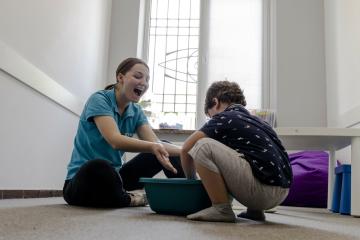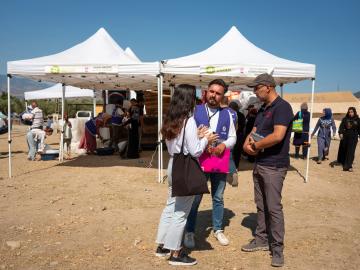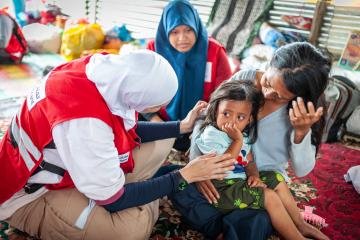
Five ways your donations are helping people affected by the conflict in Ukraine
Meet some of the people who have been helped by DEC charities using donations to our appeal.
23 August 2022
Meet some of the people who have been helped by DEC charities using donations to our appeal.
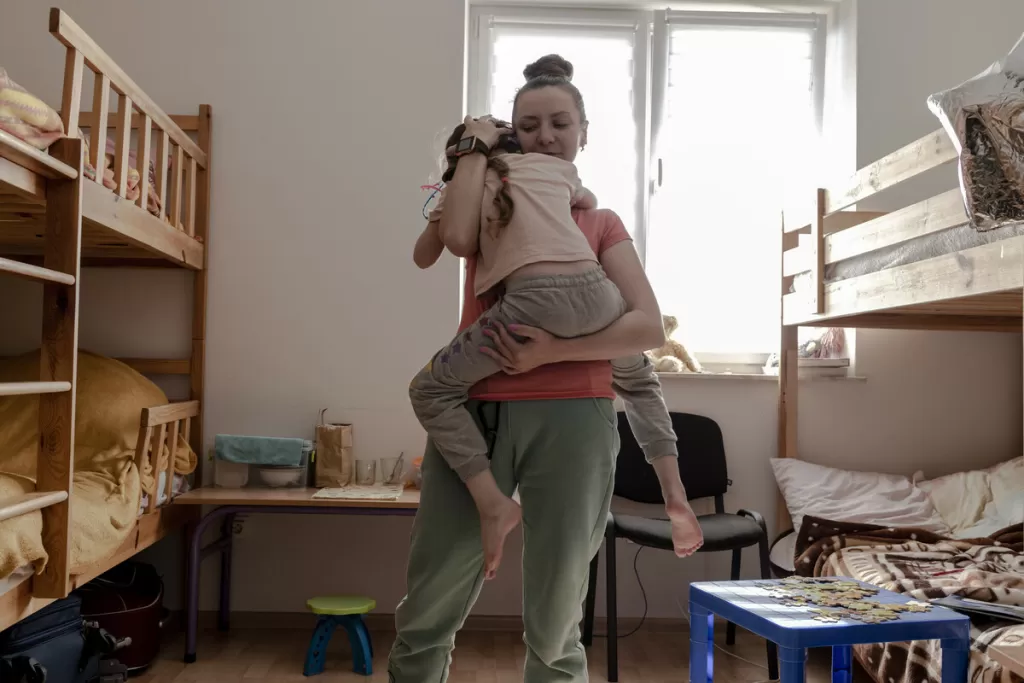
Oksana*, 28, and her daughter in their room in a shelter at a church funded by Christian Aid on the outskirts of Lviv, Ukraine. Image: Kasia Strek/DEC
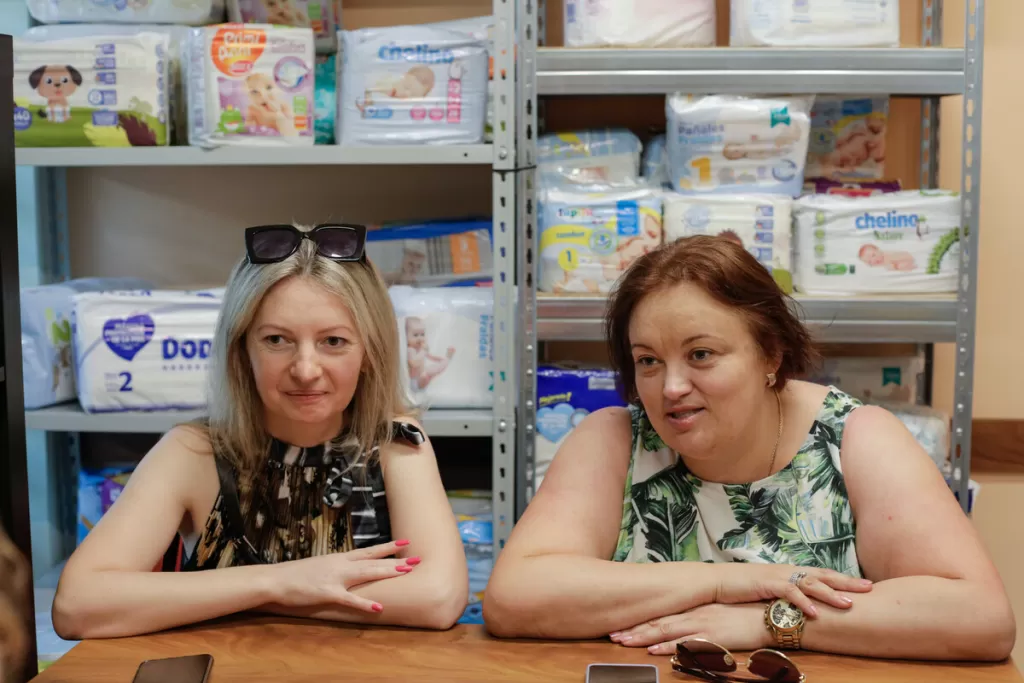
Inna and Svitlana in a hotel being used to house refugees in Bucharest, Romania. George Calin/DEC
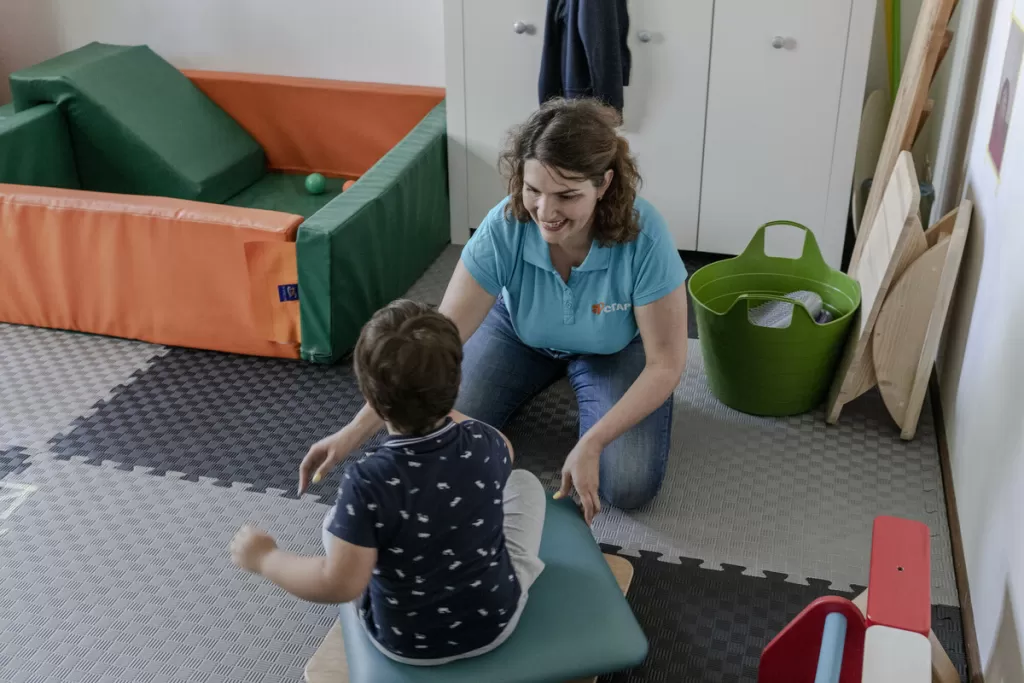
Anna plays with a child displaced by the conflict at the START centre in Lviv, Ukraine. Credit: Kasia Strek/DEC
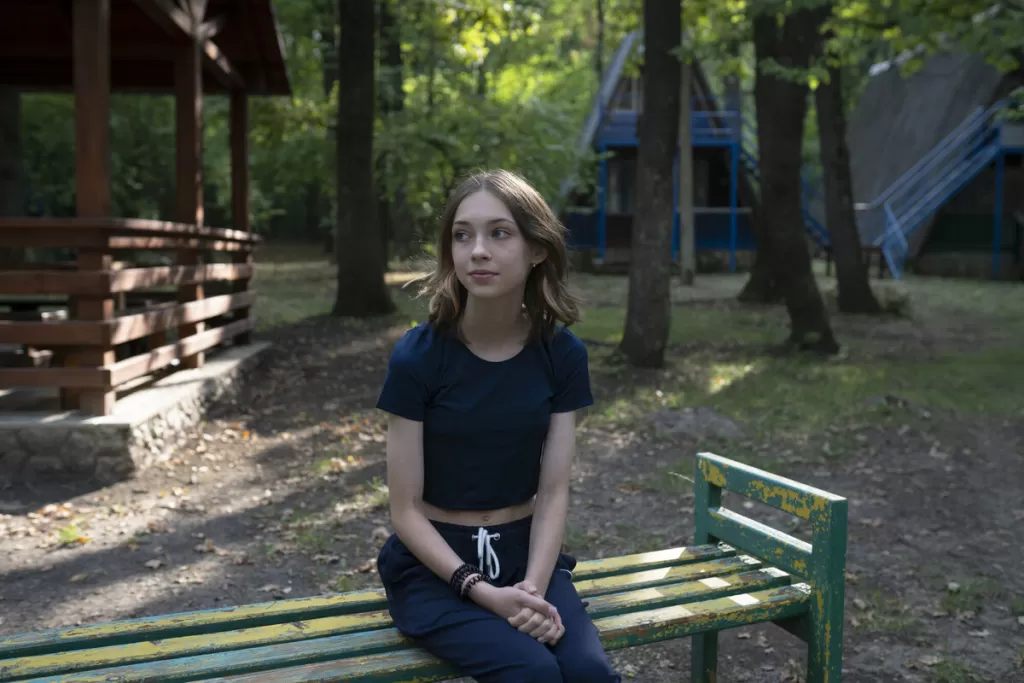
Anastasia sits in a former summer camp in Moldova which has been converted into a centre for refugees from Ukraine. Credit: Andreea Campeanu/DEC
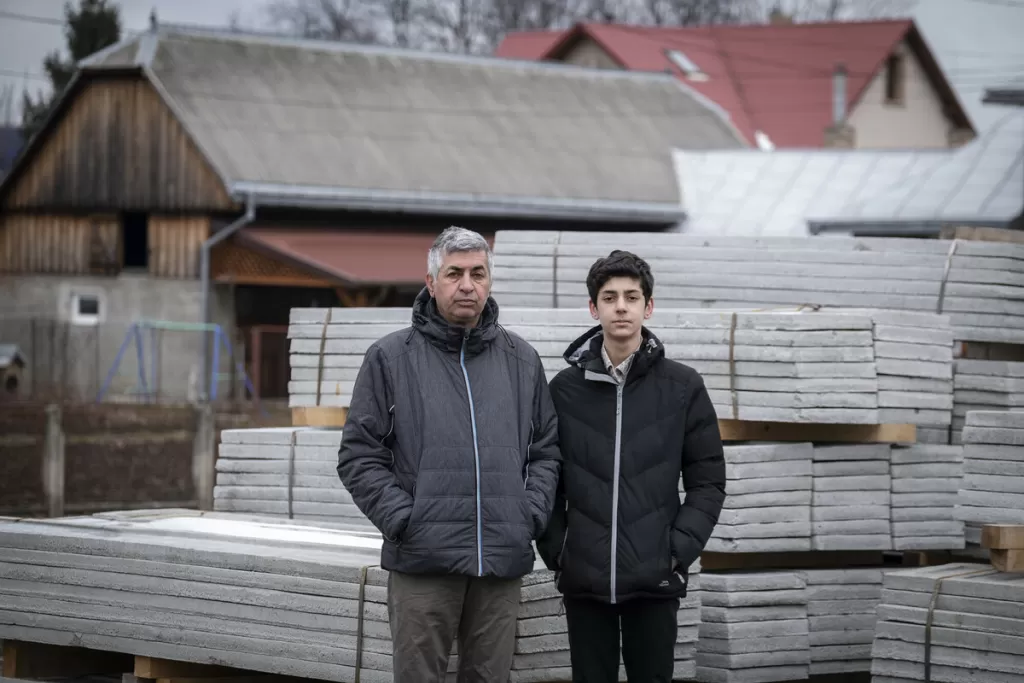
Mohammad* and Samad* in Romania in March 2022, shortly after crossing the border from Ukraine. Credit: Pedro Armestre/Save the Children
